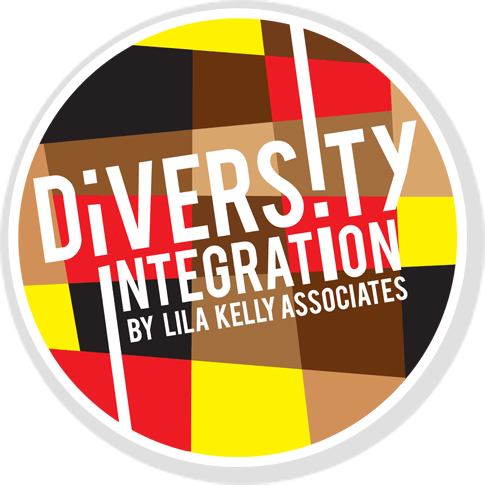
In today’s competitive job market, hiring managers and interviewers must develop both cultural competence and strong interview skills to hire and retain a diverse workforce. Even seasoned interviewers can lose top candidates if they fail to recognize personal biases or understand the diverse backgrounds of applicants.
Betty, an experienced HR Generalist, shared her story of realizing that she had unconscious biases: “I thought I was good at interviewing. After all, I have done it for many years. But after talking with a colleague of mine, who is African American, and hearing some of the things that he has experienced in interviews, I realized that there are a lot of areas where I don’t know what I don’t know about diversity!”
What Does a Culturally Competent Interviewer Do?
- Understands and respects diverse cultures and backgrounds.
- Actively works to identify and manage personal biases.
- Continuously improves skills for inclusive communication and equitable hiring practices.
What Happens When an Interviewer Lacks Cultural Competence?
- Biases, whether conscious or unconscious, can negatively affect their judgment during interviews.
- Hiring decisions may be influenced by personal similarities with candidates, rather than qualifications.
Biases can unintentionally create barriers for diverse applicants, even when the interviewer if attempting to conduct a fair interview. Betty reflected on another experience: “The applicant had such a hard time answering the ‘strengths’ question that I could not bring myself to ask her the ‘weakness’ question.”
However, Jennie, an American Indian candidate, had a different perspective: “It is hard to talk about my strengths… but weaknesses – I can talk about my weaknesses. That is an easy question to answer.”
Jennie’s cultural upbringing made discussing strengths difficult, which Betty misinterpreted as a weakness. Instead of recognizing this as a cultural difference, Betty adjusted her questions to fit an unrealistic assumption about the applicant.
Every candidate comes with a unique background, and interviewers bring their own biases into the process. Recognizing and addressing these biases is crucial for ensuring a fair and inclusive hiring process. To foster a truly inclusive hiring process, interviewers must build cultural competence and refine their interviewing techniques. Training programs, such as the online course “Integrating Diversity & Inclusion into the Hiring Process,” help hiring teams recognize and address biases, allowing them to evaluate candidates based on their actual skills and qualifications.
Copyright © 2024 Lila Kelly Associates, LLC. Not to be reprinted without written permission from Lila Kelly. Integrating Diversity into Hiring, Interviewing, Recruiting and Retention – Since 1992. Visit diversityintegration.com to explore our diversity, equity and inclusion training, including Online Training, Blended Learning, Train-The-Trainer and Books. Subscribe to our newsletter for the latest insights.
